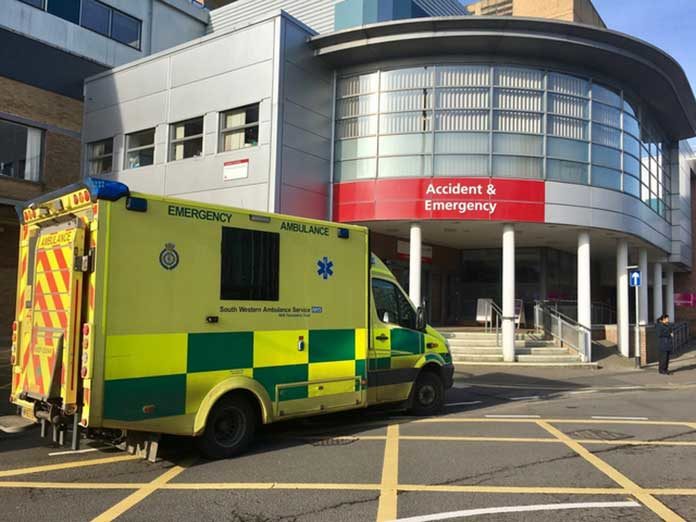Scientists at the Kingston University and St George’s, University of London, in collaboration with Swansea University and the University of Leeds have carried out a study to set up the most ideal approach to analyzing individuals suspected of having a heart attack.
According to scientists, ambulance crews should perform an electrocardiogram (ECG) on patients with a suspected heart attack.
Professor Tom Quinn explained, “When someone has a suspected heart attack, ambulance crews can perform a pre-hospital ECG. Paramedics can then use the results to decide how to treat the patient, whether a patient should be taken directly to a specialist heart center, and allow for appropriate care to be in place when the patient arrives.”
Almost third of heart attack patients, especially women and older people, were less likely to have a pre-hospital ECG.
During the study, scientists will check whether the ECG offers an effective treatment or not. They will also carry out chart reviews and focus groups with paramedics from three ambulance services to understand when they use the diagnostic tool and the decision-making process behind it.
The outcomes will help them to understand what influences the use of ECGs by ambulance crews. According to scientists, the work will improve guidance on when they could be used more effectively.
Tom Quinn, Professor of Cardiovascular Nursing, said: “Paramedics play a crucial role in early assessment of patients with suspected heart attack. There is little evidence to date about how paramedics make the decision to perform an ECG, including when the patient does not have typical heart attack symptoms.”
“By looking at nationwide data on the treatment of heart attacks and by speaking to ambulance crews working on the frontline we hope to develop a clearer picture of when these ECGs should be used.”
“We can use this knowledge to empower ambulance crews, help them make the most effective decisions and ultimately save more lives.”
British Heart Foundation funded this study.
